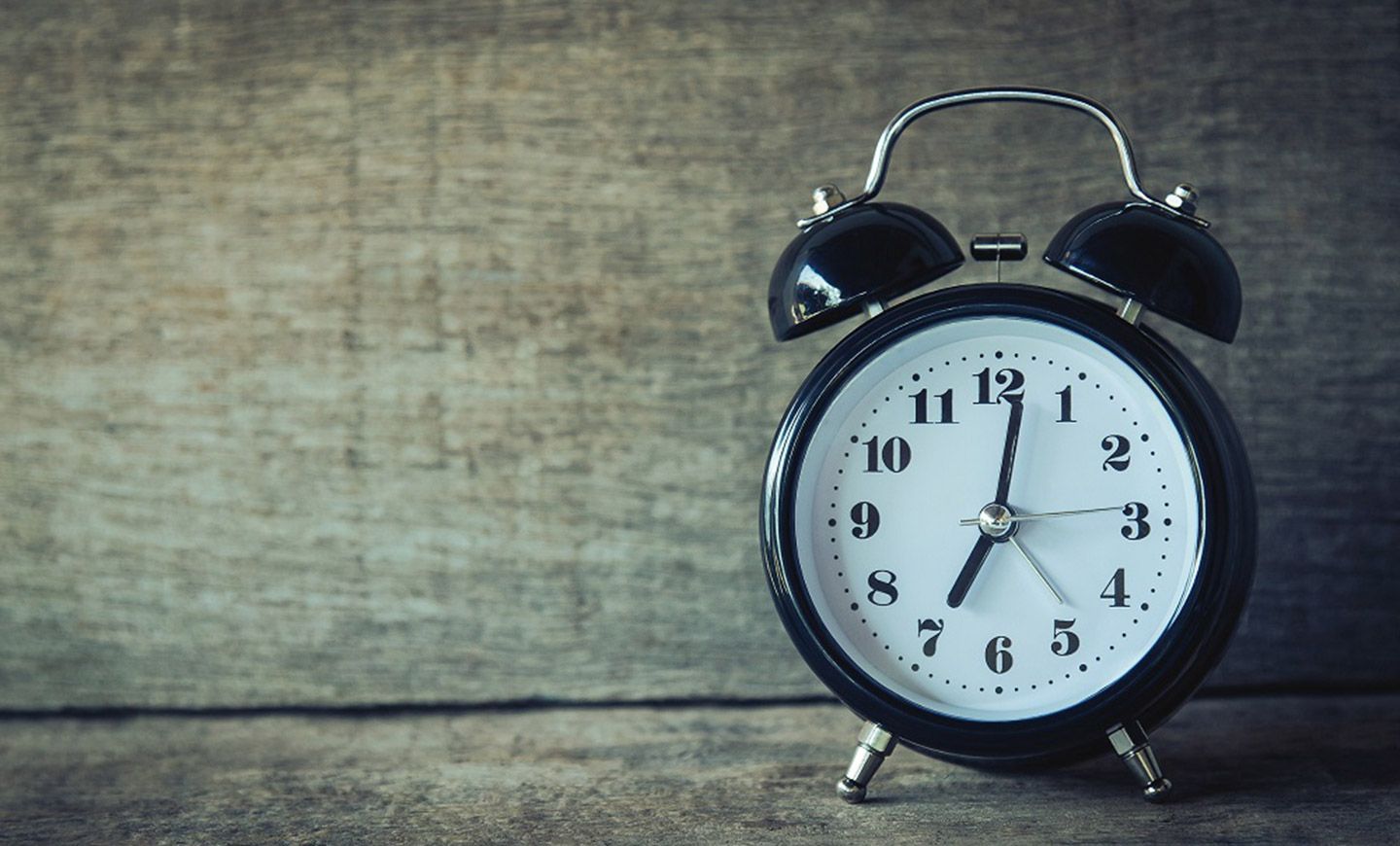Switching clocks backward or forward is dangerous for more reasons than one, and an increase in car accidents and workplace injuries is at the top of that list. Other health dangers include an increase in heart attacks and increased cluster headaches.
Many of us travel and have to deal with the time changes in neighboring states, and we also share the roads with out-of-towners who might be feeling the impact of less sleep.
According to livescience.com, many researchers argue about whether daylight saving time changes increase car accidents due to the changes in people’s sleep patterns and level of alertness. They seem to agree that when the time changes, it makes the evening commute suddenly darker, which can be dangerous; and when it results in more daylight hours, it can increase visibility. However, no one can argue that a person’s sleep rhythm is changed.
Workplace injuries also seem to increase, especially during the “spring forward” change when workers arrive with 40 minutes less sleep. The Journal of Applied Psychology found there were 5.7% more workplace injuries in the week right after the spring time change.
As for heart attacks, a 2008 study shows that the rate of attacks increases by about 5% after the spring change, mostly due to the stress hormone that increases inflammation and occurs when sleep is lacking. People can also experience headaches because their hormones are influenced by the sudden change in time. For some people, this could mean chronic, debilitating pain.
For traveling out of state into an area with a different time schedule than ours, the Alaska Sleep Clinic shares a few tips:
Adjust in the weeks before your trip. Start by going to bed a bit earlier and waking up a few minutes earlier each day (or vice versa depending on what time zone you’ll be entering). Increase this amount each day during the weeks before your trip.
Get outdoors. Natural light can help you cope before, during, and after a time change. The sunlight helps put your body back in the natural circadian rhythms it needs.
Don’t drink alcohol. This can throw your body’s natural coping abilities off even more, and disrupt your sleep cycles to a greater extent. At the same time, avoid eating heavy meals at night because it can ruin your chances of deep sleep.
Create an atmosphere conducive of good sleep. Use noise-canceling curtains or earplugs. Don’t bring your computer or other electronic devices into bed with you.


